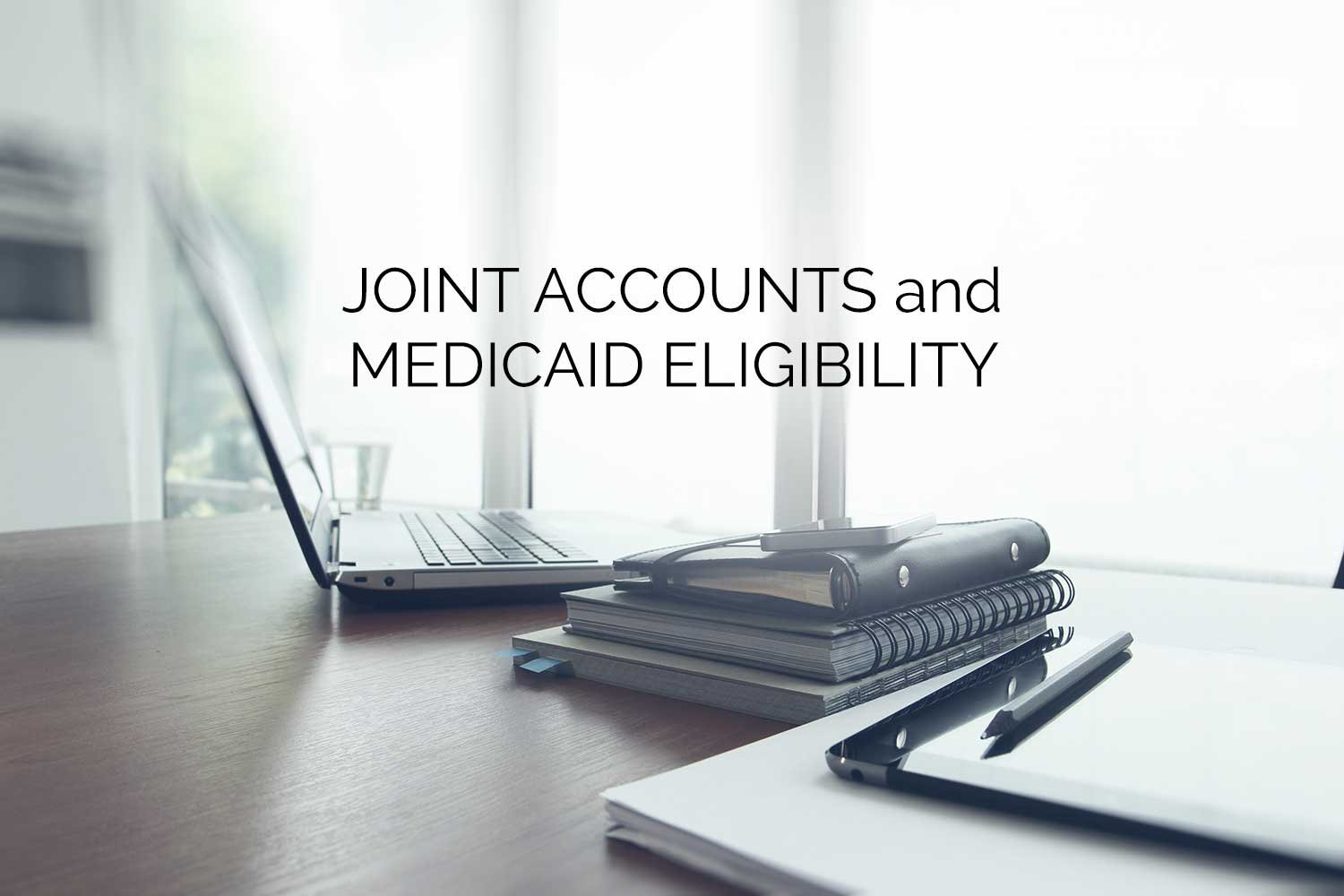
The meaning of access to a financial account has recently been litigated in New Jersey. In a non-binding decision, the Superior Court of New Jersey disregarded the Medicaid applicant’s argument that she was physically and cognitively unable to access a joint account – ultimately leading to the inclusion of the resources against her for eligibility determination purposes.
Medicaid Basics
Medicaid is a program that makes medical care payments on behalf of the needy. When applying for long-term care benefits, neediness depends upon the applicant’s income and resources – the ability to contribute to the cost of their own care. Which resources are countable vary amongst states.



